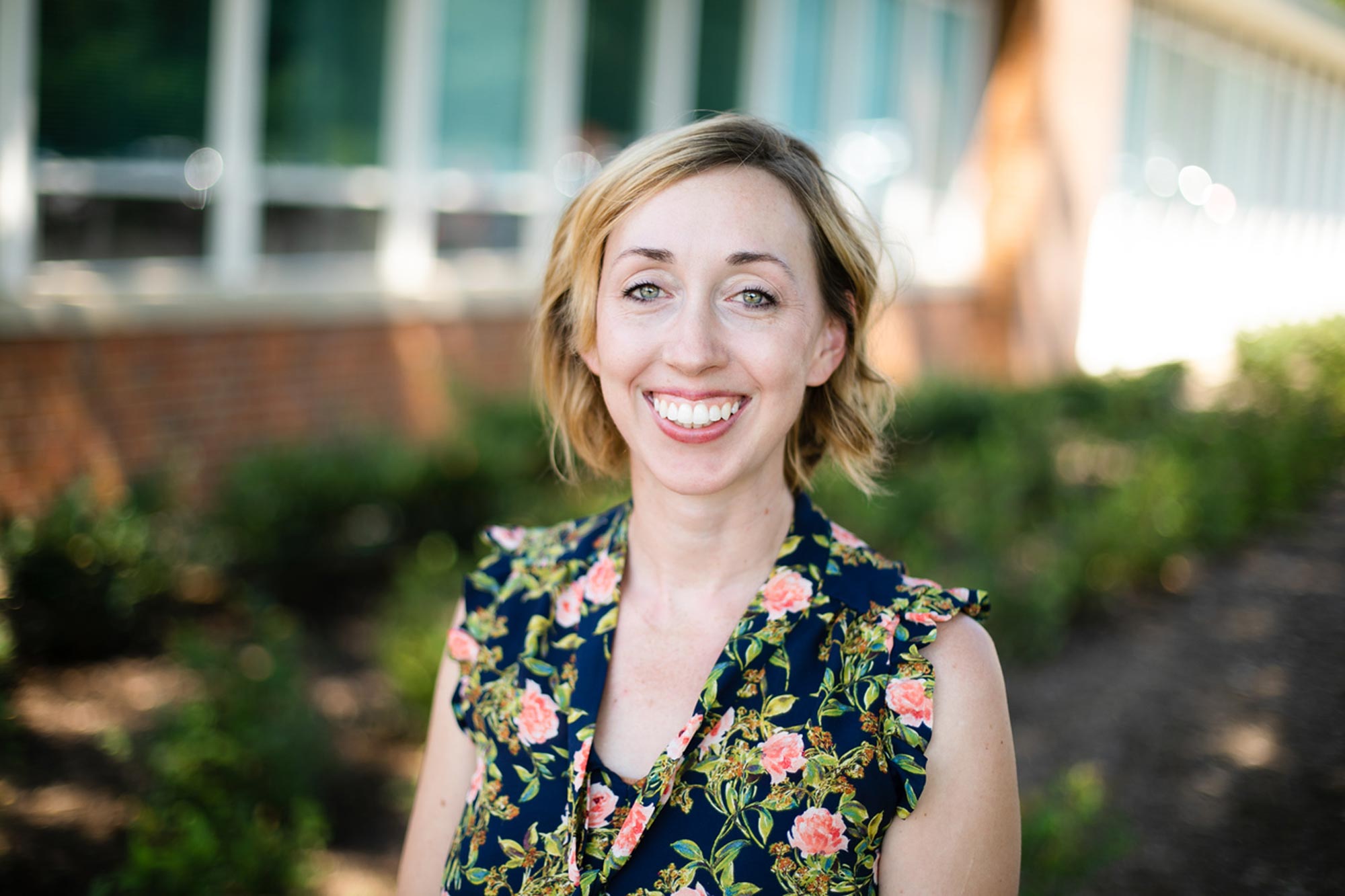Addressing community mental health requires a multi-tiered, pyramid-like approach, Nguyen said. At the top are the intensive treatments, like in-patient psychiatric management, that are highly structured, resource-intensive and focused on specific disorders. They impact a small percentage of the population and require highly trained providers.
Nguyen’s work focuses on the bottom tiers of the pyramid. Called psychosocial supports, they are geared more toward prevention: broad, low-touch programs that build coping skills and reduce stigma.
“It’s a public health approach that ideally minimizes the need for those higher levels of support, while also providing an entry point for those who do need those services,” Nguyen said.
Nguyen’s most recent publication – the study her team was completing during the 2022 Russian invasion – describes how they developed a prevention and referral program to help Ukrainian veterans and their families cope with stress and evaluate their own mental health needs. The team partnered with Ukranian veterans’ service organizations, training local providers who led workshops and gave valuable feedback to researchers every step of the way.
To reach as many people as possible, the workshops were advertised on Facebook and in community centers or veterans’ organizations. Registration was simple and workshops were delivered online. In each 90-minute workshop, five to 10 participants connected with others in their group, completed a self-assessment and received training in coping skills. Finally, they were given information on how to access referrals for more support.
These programs don’t replace treatment needs, but they are generally much easier to implement, help more people and require less training for providers, Nguyen said. Due to the variety of possible approaches to build and successfully integrate them into different service systems, they can be challenging to study. That means the evidence for what really works isn’t yet as strong.
What makes this research challenging, Nguyen said, is exactly what makes it so important. With more research on this type of program, more is learned about creating a full system of mental health care, from the bottom of the pyramid to the top.
Nguyen is adamant that when a humanitarian crisis emerges, it’s important to provide basic mental health supports and more intensive treatments. “We can do both,” she said.
Nguyen has a forthcoming paper reporting the outcomes of the workshops, which proved effective in improving wellbeing. She plans to continue scaling up supports to strengthen the full system of care in Ukraine.
She’s also working on getting a few initiatives off the ground focused on mental health and psychosocial supports for children and youth. “We tend to expect kids to just be resilient,” she said. “And that’s just not sufficient.”











